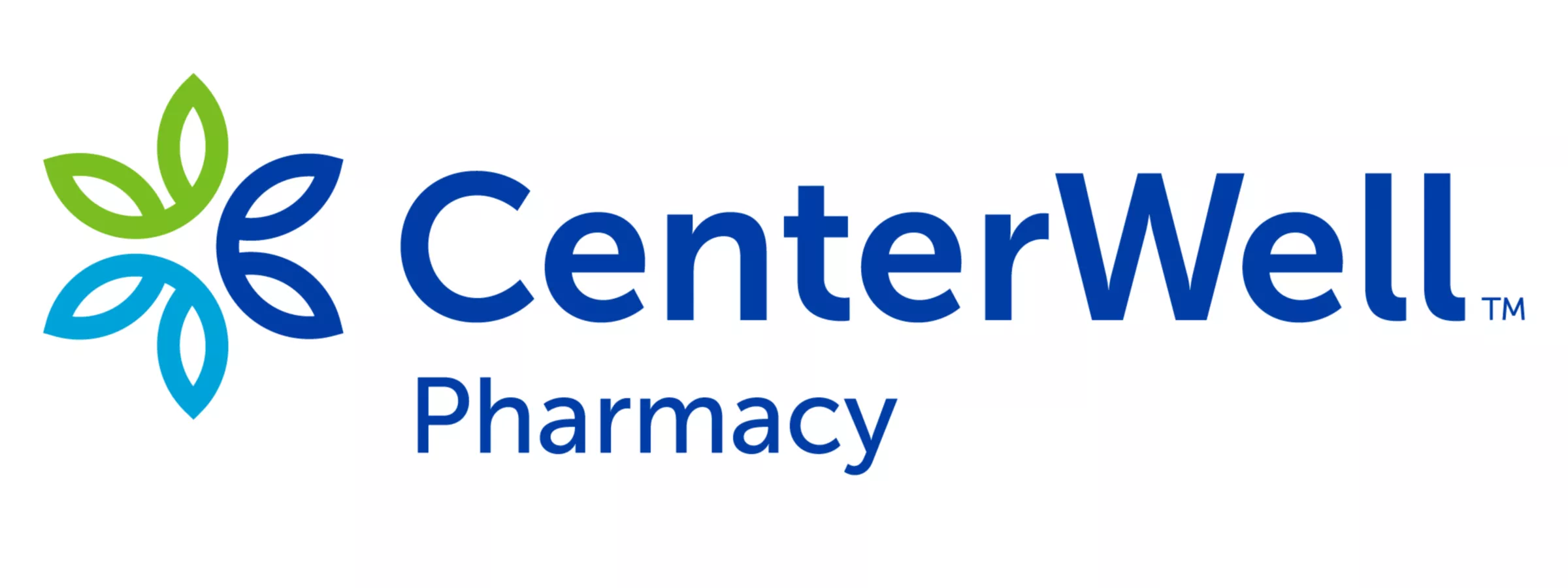
How plan sponsors can address the mental health needs of retirees
When it comes to the mental health of today’s retirees, the statistics are startling:
retirees say they feel depressed—a rate higher than that of the entire adult population1.
of adults aged 60 and over live with a mental disorder2.
of deaths from suicide (27.2%) are among people aged 60 or over3.
For plan sponsors, these figures underscore the importance of teaching retirees how to capitalize on the mental health benefits offered by most Group Medicare Advantage plans. According to Joel Miller, immediate past chair of the National Coalition on Mental Health and Aging, these benefits might range from “mental health counselors and peer supports” to “non-medical supplemental benefits such as help with housing, food, nutrition, and caregiver support.” Together, he adds, these services can “go a long way to address overall mental health and wellbeing” among older adults.
Here’s how plan sponsors can ensure retirees maximize Group Medicare Advantage benefits for improved mental health.
Encourage online therapy.
Not all older adults are comfortable discussing mental health issues such as depression and anxiety. “There’s still a lot of stigma associated with accessing mental health professionals or even talking about how they are feeling mentally or emotionally,” says Kathleen Cameron, senior director at the Center for Healthy Aging. To address these concerns, plan sponsors should direct retirees to Medicare Advantage alternatives. “Some Medicare Advantage plans are contracting online therapy platforms,” says Cameron. “For many older adults, they may find an online platform better because they can see someone from the comfort of their own home.”


Help a retiree schedule a medication review.
Many older adults take multiple medicines prescribed by more than one doctor. When combined, some medicines can cause severe side effects and potentially reduce a medicine’s effectiveness. Fortunately, Medication Therapy Management (MTM) can help by providing a 1-on-1 review of an individual’s medications with a pharmacist or other trained healthcare provider. “I recommend getting a medication review at least once a year because sometimes there are certain medications that are contributing to mental health symptoms,” says Cameron. “Discontinuing a medication, switching to another medication, or even sometimes adjusting the dose, can help reduce some of those problems.”
Learn more

Promote annual wellness visits.
A Medicare Annual Wellness Visit with a primary care provider can ensure retirees receive a depression screening once per year. However, Cameron says many healthcare providers fail “to offer an annual wellness visit, which is an excellent way to identify mental health risks early on before they escalate.” During an annual wellness visit, a provider may ask a retiree to complete a Health Risk Assessment to better understand current needs, review prescriptions, update medical history, order tests and immunizations, and measure height, weight, and blood pressure—important services that plan sponsors should encourage retirees to receive.
Learn more
Communicate benefits clearly.
Many Medicare Advantage plans offer extra benefits not covered by Original Medicare, like mental health counseling. For instance, innovative plans may include therapists, group therapy, psychological evaluations, and hospitalizations for mental illness and substance abuse. In fact, oftentimes, Miller says, retirees don’t take the time to read the fine print in Group Medicare Advantage plans when “there’s a lot of good news in those lines on the comprehensive behavioral health benefits provided.” In response, Miller recommends that “plan sponsors really go the extra mile and use tools and technologies at their disposal, even text messages or webinars, to promote and market behavioral health benefits among enrollees.”
Highlight beneficial partnerships.
The medical community is increasingly recognizing the value of community-based organizations, like area agencies on aging and senior centers as highly effective in helping older adults manage mental health challenges, including social isolation and loneliness. “These organizations are a growing area of support, not only for evidence-based health promotion and disease prevention programs but also programs like care coordination services, even transportation,” says Cameron. However, it’s up to plan sponsors to inform retirees of the peer support services available in their community, from mental health centers to certified community behavioral health clinics.
- Watson, Stephanie. “The Emotional Shock of Retirement.” WebMD. Published July 28, 2023. Last accessed Sept. 10, 2024. https://www.webmd.com/healthy-aging/features/emotional-shock-retirement
- World Health Organization. “Mental Health of Older Adults.” Published Oct. 20, 2023. Last accessed Sept. 10, 2024. https://www.who.int/news-room/fact-sheets/detail/mental-health-of-older-adults/
- Ibid.
Humana is a Medicare Advantage [HMO, PPO, and PFFS] organization with a Medicare contract. Enrollment in any Humana plan depends on contract renewal.
Limitations on telehealth services, also referred to as virtual visits or telemedicine, vary by state. These services are not a substitute for emergency care and are not intended to replace your primary care provider or other providers in your network. Any descriptions of when to use telehealth services are for informational purposes only and should not be construed as medical advice. Please refer to your evidence of coverage for additional details on what your plan may cover or other rules that may apply.
All product names, logos, brands and trademarks are property of their respective owners, and any use does not imply endorsement.


